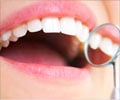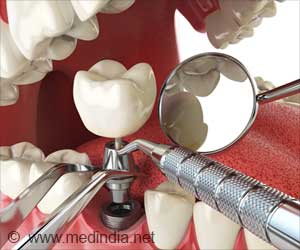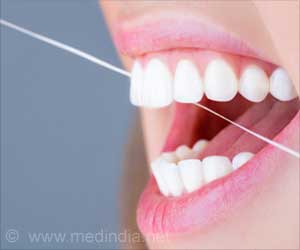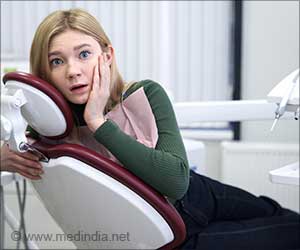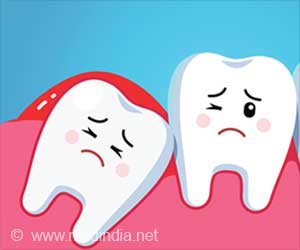In a recent study it was found that vitamin D is associated with 50 percent reduction in the incidence of tooth decay.

While vitamin D's role in supporting bone health has not been disputed, significant disagreement has historically existed over its role in preventing caries, Hujoel noted. The American Medical Association and the U.S. National Research Council concluded around 1950 that vitamin D was beneficial in managing dental caries. The American Dental Association said otherwise – based on the same evidence. In 1989, the National Research Council, despite new evidence supporting vitamin D's caries-fighting benefits, called the issue "unresolved."
Current reviews by the Institute of Medicine, the U.S. Department of Human Health and Service and the American Dental Association draw no conclusions on the vitamin D evidence as it relates to dental caries.
"Such inconsistent conclusions by different organizations do not make much sense from an evidence-based perspective," Hujoel said. The trials he reviewed increased vitamin D levels in children through the use of supplemental UV radiation or by supplementing the children's diet with cod-liver oil or other products containing the vitamin.
The clinical trials he reviewed were conducted in the United States, Great Britain, Canada, Austria, New Zealand and Sweden. Trials were conducted in institutional settings, schools, medical and dental practices, or hospitals. The subjects were children or young adults between the ages of 2 and 16 years, with a weighted mean age of 10 years.
Hujoel's findings come as no surprise to researchers familiar with past vitamin D studies. According to Dr. Michael Hollick, professor of medicine at the Boston University Medical Center, "the findings from the University of Washington reaffirm the importance of vitamin D for dental health." He said that "children who are vitamin D deficient have poor and delayed teeth eruption and are prone to dental caries."
Advertisement
"Whether this is more than just a coincidence is open to debate," Hujoel said. "In the meantime, pregnant women or young mothers can do little harm by realizing that vitamin D is essential to their offspring's health. Vitamin D does lead to teeth and bones that are better mineralized."
Advertisement
Hujoel has joint appointments as a professor in the University of Washington School of Dentistry's Department of Oral Health Sciences and as an adjunct professor of epidemiology in the UW School of Public Health. His research has concentrated on nutrition with a focus on low-carbohydrate diets, harmful effects of diagnostic radiation, and evidence-based methodology and applications.
His research has also covered sugar substitutes, the use of antibiotics in the treatment of periodontal disease, and cleft lip and cleft palate. He has also studied the link between dental disease and systemic disease, as well as trends in disease prevalence.
Source-Eurekalert



